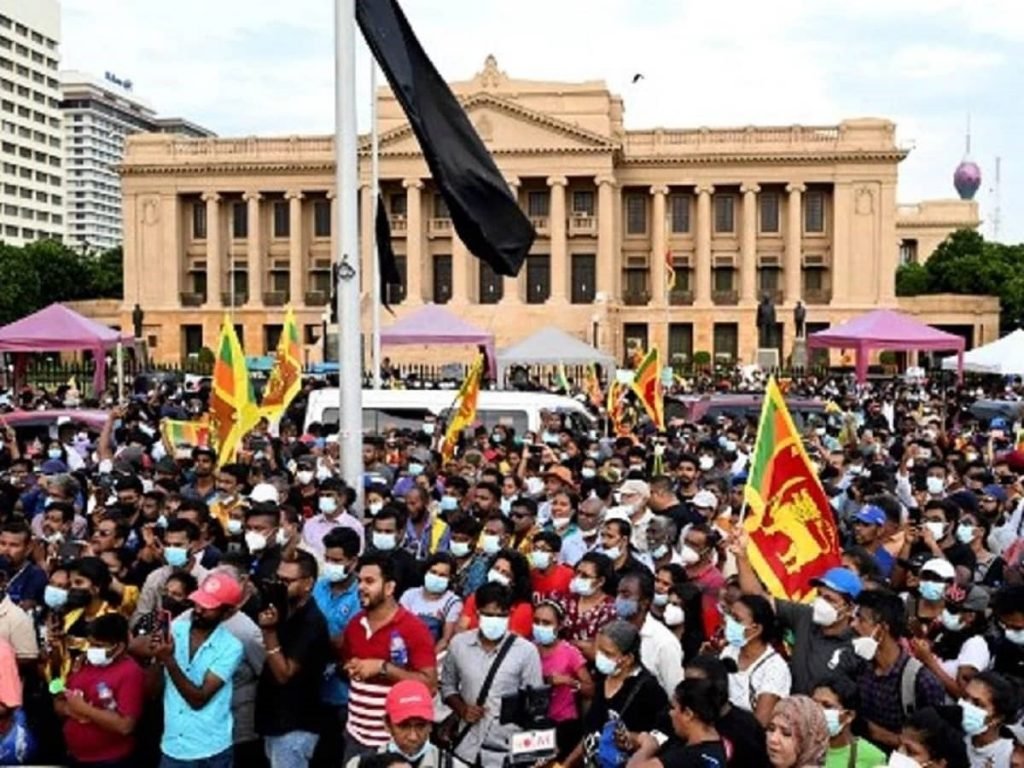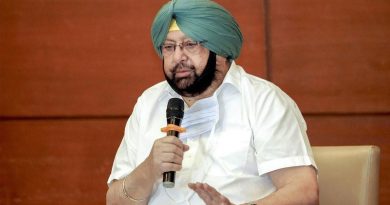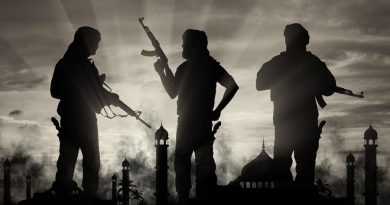India Is Not Sending Army To Sri Lanka
India is not sending its army to Sri Lanka, the Colombo-based Indian High Commission denied such reports.
People took to the streets on Saturday in Sri Lanka, which is facing a severe economic crisis. Citizens angry with the country’s government occupied the Rashtrapati Bhavan in the capital Colombo.
Gotabaya Rajapaksa had to flee his official residence. The protesters set the private residence of Prime Minister Ranil Wickremesinghe on fire.
On the streets of the capital of Sri Lanka, only a mass of people carrying the country’s national flag was visible. The protesters are still standing in the Rashtrapati Bhavan.
Bhandara is being organized on the premises itself. In such a situation, there were reports that India would send its army there to control the situation in Sri Lanka. However, this is just a rumor.
The Indian High Commission in Colombo has dismissed all the media reports, in which it was said to send troops to the neighboring country.
The Indian High Commission in an official statement said that it categorically denies the ongoing reports about sending troops to Sri Lanka.
Such news and such views are not in line with the stand of the Government of India. Foreign Ministry spokesperson Arindam Bagchi also clarified on Sunday that India stands with the people of Sri Lanka.
He said that the people of Sri Lanka want prosperity and progress through democratic means and a constitutional framework. In such a situation, the interest of the Sri Lankan people comes first for India.
India is not sending its army to Sri Lanka: Sri Lanka’s Defense Ministry denies reports of troops being sent to the protest site.
On the other hand, Sri Lanka’s Defense Ministry has denied reports of sending a large number of troops to the protest site.
A spokesman for Sri Lanka’s Defense Ministry said that such claims are being made on social media that a large number of soldiers are being sent to the Protest site in Gaul.
Such news is wrong. Earlier, the Sri Lankan army chief had appealed to the general public to cooperate with the security personnel in maintaining peace.
Significantly, despite agreeing to the resignation of President Gotabaya Rajapaksa and Prime Minister Ranil Wickremesinghe, the protesters have not agreed to leave the Rashtrapati Bhavan.
There is also a possibility that an all-party government may be formed in Sri Lanka. Sri Lanka is going through its worst economic phase since gaining independence in 1948.
There is an unprecedented shortage of oil and gas in the country. Schools and government offices have been closed till further orders.
At the same time, the decrease in domestic agricultural production, depletion of foreign exchange reserves, and depreciation in the local currency have made the situation more serious.
According to the latest food insecurity assessment of the World Food Program (WFP), more than 6.2 million families in Sri Lanka are facing a serious food crisis.




